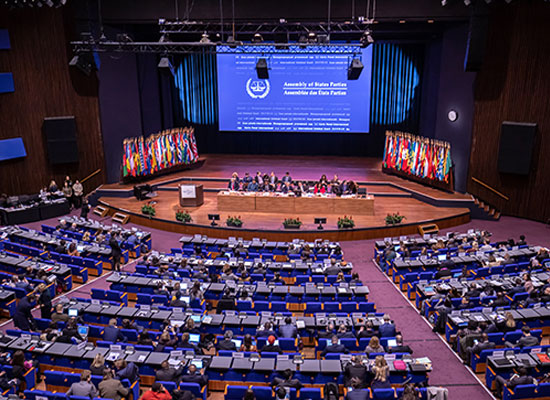
Exploring the League of Nations:
What is the League of Nations?
The League of Nations was established in 1920 as an international organization aimed at maintaining peace and security in the aftermath of World War I. It served as a precursor to the United Nations and played a significant
role in shaping global diplomacy during the interwar period.
How does it relate to modern issues?
Although the League of Nations ultimately failed to prevent the outbreak of World War II, its legacy continues to resonate in modern times. By examining its successes and shortcomings, students can gain valuable insights
into contemporary issues such as conflict resolution, human rights, and global governance.
League of Nations at GRG Modern Scholars:
Curriculum Integration:
At GRG Modern Scholars, we integrate the study of the League of Nations into our history and Global Perspective. Through engaging lessons and interactive activities, students explore the organization's structure, objectives,
and impact on world affairs.
Global Citizenship:
The League of Nations fosters a sense of global citizenship among our students. By examining historical events through a critical lens, they develop empathy, cultural awareness, and a commitment to promoting peace and justice in our interconnected world.

